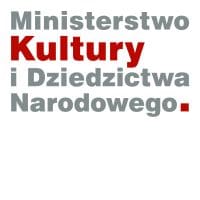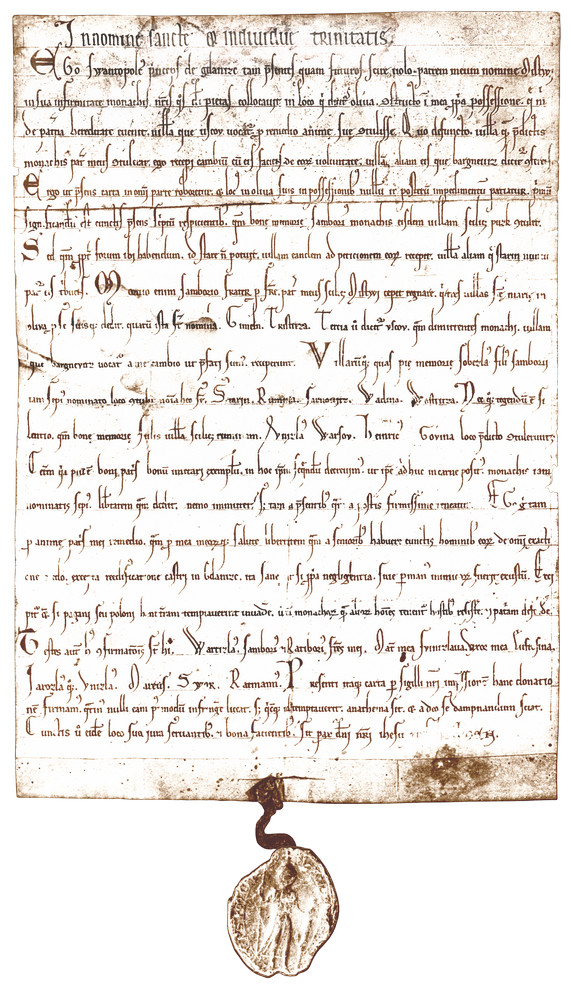Romanesque Cellar

Kierownik oddziału: Maciej Szyszka, m.szyszka@archeologia.pl
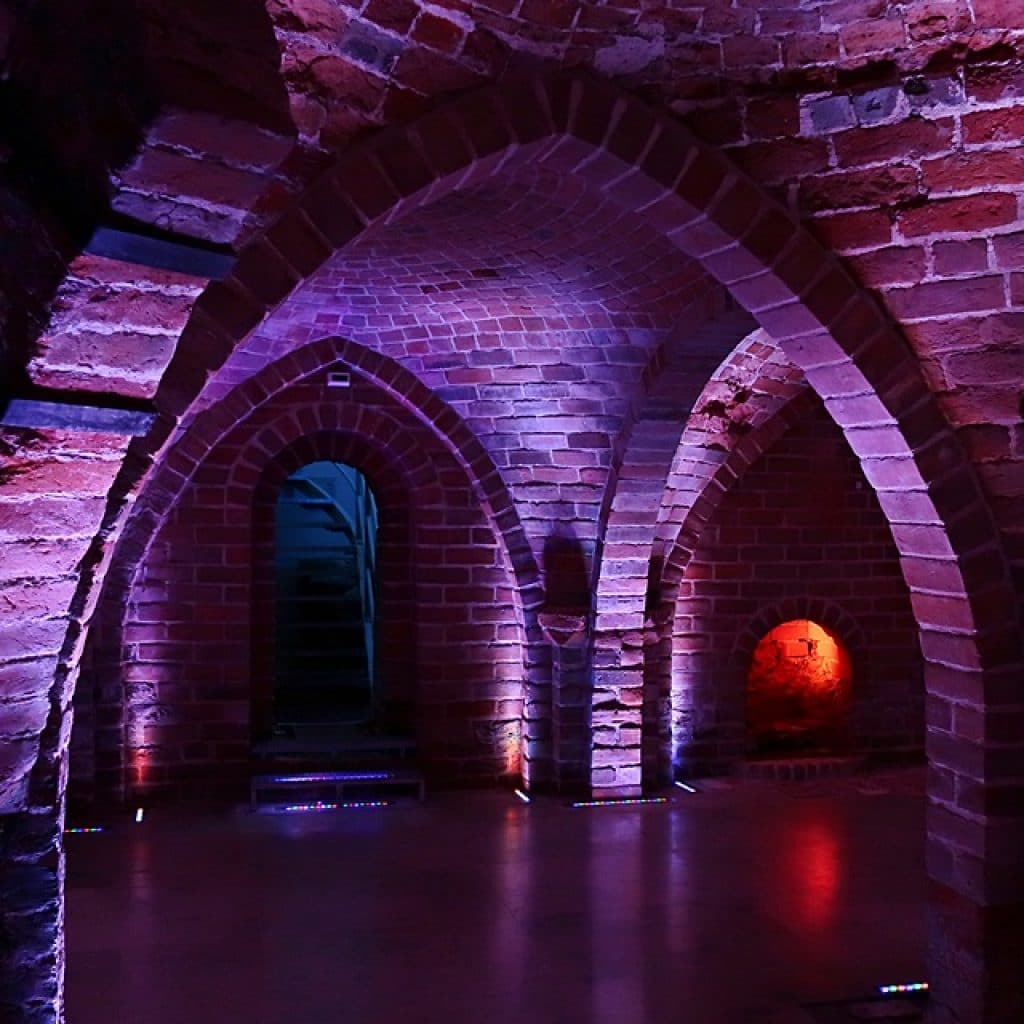
How to get there?
The Romanesque Cellar - the newest branch of the Archaeological Museum in Gdańsk - is located in the very heart of the historic center of Gdańsk, on Dominikański Square (between the market hall and the church of St. Nicholas). The entrance to the Cellar is through the green pavilion with the Museum signboard.
Cellar, or what exactly?
The Cellar is a historic remnant of the 13th-century Dominican Monastery, where it once served as a dining room and kitchen. The second part of its name - Romanesque - refers to the architectural style in which it was made.
The museum is opening a new branch
The cellar was discovered at the turn of 2005 and 2006, and then it was subjected to archaeological research in 2007-2008. The facility was opened to visitors on December 30, 2014. Now, the museum is open all year round and is one of the most interesting tourist attractions in Gdańsk, which is confirmed by the unwavering interest of visitors.
What will you find on the spot?
Zwiedzający schodzą schodami do dawnych klasztornych pomieszczeń, a po zwiedzeniu piwnic oraz wystawy stałej wychodzą na powierzchnię drugim ciągiem schodów. Na wystawie prezentowany jest film ukazujący historię terenu, na którym ulokowany był niegdysiejszy klasztor dominikański. Prezentowane są także wyniki prac archeologicznych oraz część znalezionych tu zabytków. Główną atrakcją jest refektarz (jadalnia), przez który gości prowadzi wirtualny przewodnik. Część ekspozycji stanowi także pochodzące z XVI/XVII wieku tzw. ossuarium, czyli miejsce, w którym składowano kości zmarłych, odkryte obok zabytkowej budowli.
Why is it worth going to?
The Romanesque Cellar together with the exhibition of the foundations of the Romanesque church of St. Nicholas, creates a complex unique in Poland, presenting the oldest monuments of brick architecture.
Permanent exhibition "The oldest history of Kępa Dominikańska"
The exhibition is presented in a unique scenery of restored Romanesque cellars - the oldest preserved interior in Gdańsk. It shows the results of many years of excavation work, which was the discovery of relics of the 13th-century architecture located under Dominikański Square, as well as the settlement and cemetery used from the 10th to the 19th century. In order to present the discovered relics in the best possible way, special computer animations were made. They dynamically show the reconstructed (based on archaeological, architectural and source research) appearance of the buildings, of which only underground parts have survived to this day. In addition, these animations are part of the film presented in the room added to the Romanesque Cellar - this is where the tour begins. Visiting the part of the exhibition presenting the relics takes place in the form of a specific audiovisual spectacle. Individual architectural details, as the visitors move by, are individually illuminated with specially designed colored lighting. The highlighting is accompanied by a narrator's commentary. The exhibition is complemented by objects discovered during the excavations at Dominikański Square. It is also worth noting that the exhibition was prepared in two language versions - Polish and English.
Otwarte od wtorku do niedzieli w godzinach 10:00–17:00.
Closed on Mondays.
Zwiedzanie odbywa się co 30 minut w grupach maksymalnie 10-osobowych.
Ostatnie wejście – pół godziny przed zamknięciem.
Dni świąteczne w 2024 roku
1 stycznia (Nowy Rok, poniedziałek) – nieczynne
2 stycznia (wtorek) – nieczynne
6 stycznia (Trzech Króli, sobota) – nieczynne
30 marca (Wielka Sobota) – czynne w godz. 10:00–15:00
31 marca (Wielkanoc, niedziela) – nieczynne
1 kwietnia (Wielkanoc, poniedziałek) – nieczynne
1 maja (Święto Pracy, środa) – nieczynne
3 maja (Święto Konstytucji 3 Maja, piątek) – czynne w godz. 10:00–17:00
19 maja (Zielone Świątki, niedziela) – nieczynne
30 maja (Boże Ciało, czwartek) – nieczynne
15 sierpnia (Święto Wojska Polskiego, Wniebowzięcie NMP, czwartek) – czynne w godz. 10:00–17:00
1 listopada (Wszystkich Świętych, piątek) – nieczynne
11 listopada (Narodowe Święto Niepodległości, poniedziałek) – nieczynne
24 grudnia (Wigilia, wtorek) – nieczynne
25 grudnia (Boże Narodzenie, środa) – nieczynne
26 grudnia (Boże Narodzenie, czwartek) – nieczynne
31 grudnia (Sylwester, wtorek) – czynne w godz. 10:00–15:00
Bilety normalne i ulgowe można kupić w kasie muzeum lub online.
Pozostałe bilety (bezpłatne, rodzinne itp.) są dostępne wyłącznie w kasie muzeum.
TICKETS
normalny: 10 zł
ulgowy: 7 zł
ulgowy dla dzieci i młodzieży do 16 roku życia: 1 zł
Obywatele Ukrainy – wstęp wolny.
Sunday is the day of free admission.
Metropolitalna Karta do Kultury entitles to reduced sightseeing.
Tourist Card z pakietem “Odkrywca” lub “Odkrywca Premium” uprawnia do zwiedzania bezpłatnego.
Posiadasz Gdańską Kartę Mieszkańca? Sprawdź przysługujące Ci korzyści: jestemzgdanska.pl
Karta Dużej Rodziny entitles to reduced sightseeing.
Muzeum wspiera akcję Dawcom w Darze – legitymacja Honorowego Dawcy Krwi uprawnia do zwiedzania ulgowego.
DISCOUNTS AND EXEMPTIONS FROM FEES are available upon presentation of relevant documents.
Concessions are available to:
- students of primary, lower and upper secondary schools, students of teacher training establishments and social service employees, students and people undergoing doctoral studies who are citizens of the European Union Member States,
- people over 65 years of age, pensioners, as well as disabled people together with their guardians, who are citizens of European Union Member States,
- teachers of primary, lower secondary, upper secondary and higher schools, teachers and tutors of educational and upbringing institutions, correctional facilities, shelters for minors and diagnostic and consultation centers operating in the Member States of the European Union,
- veterans.
Free tickets are available to:
- children up to seven years old,
- licensed guides, tour guides and teachers as guardians of organized groups,
- persons awarded the Order of the White Eagle or the Order of Merit of the Republic of Poland, the honorary badge "Zasłużony dla Kultury Polskiej" and persons awarded the honorary title "Zasłużony dla Kultury Narodowej",
- employees of museums entered in the State Register of Monuments and members of the Association of Polish Museologists, the International Council of Museums (ICOM), the International Council for the Protection of Monuments (ICOMOS),
- members of the Association of Polish Archaeologists, the Polish Historical Society, the Association of Art Historians,
- archaeologists, historians and art historians - employees of state universities and the Polish Academy of Sciences.
VISITOR REGULATIONS
Prosimy zapoznać się z regulaminem zwiedzania Muzeum Archeologicznego w Gdańsku: REGULAMIN
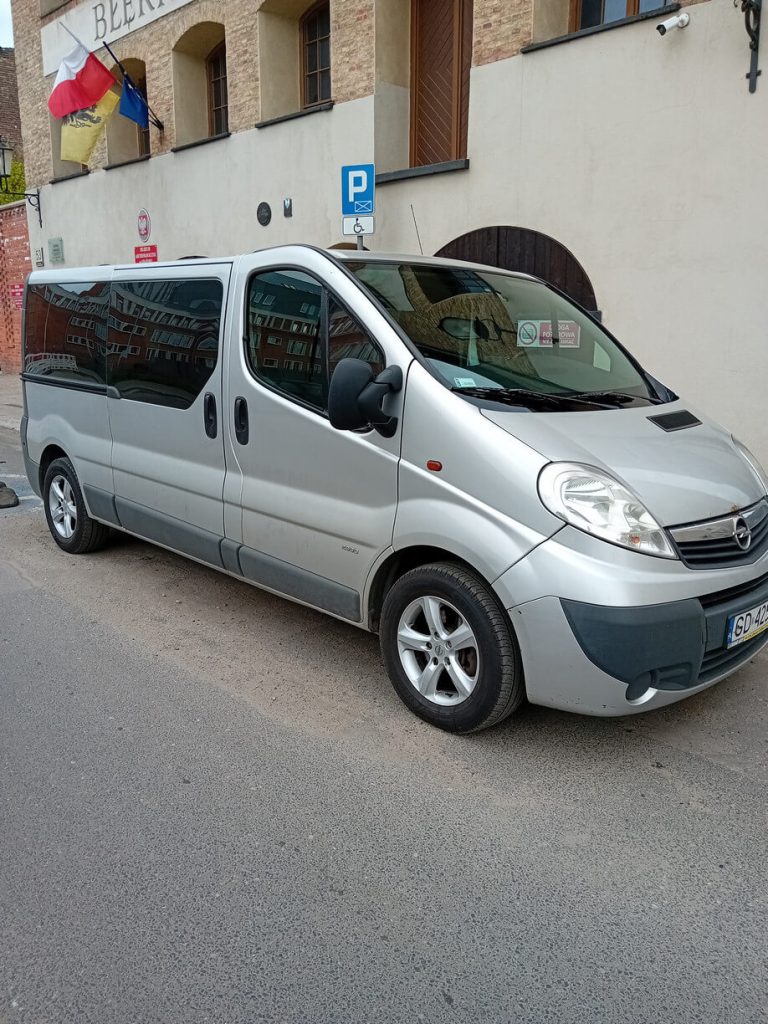
Ogłoszenie o sprzedaży samochodu Opel Vivaro 2.5 CDTI, kombi L2H1
Romanesque Cellar
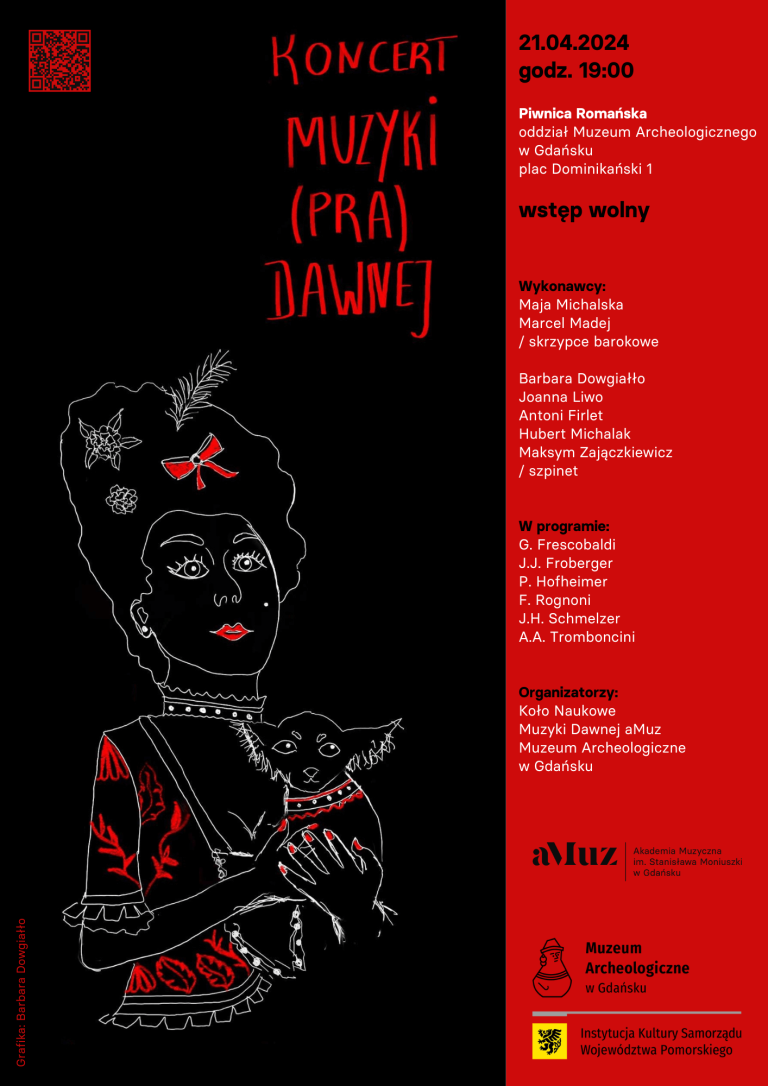
Koncert Muzyki (PRA)Dawnej

Wielkanocne godziny otwarcia
Romanesque Cellar

Ilustracje ze świata mody. “Art. Couture” – wystawa Anny Matuszewskiej

Ferie zimowe 2024 w Muzeum Archeologicznym w Gdańsku

Inne godziny otwarcia w dniu 16.01.2024

Świąteczno-noworoczne godziny otwarcia (2023/2024)

Krótsze godziny otwarcia w dniu 20.12.2023 r.
Romanesque Cellar
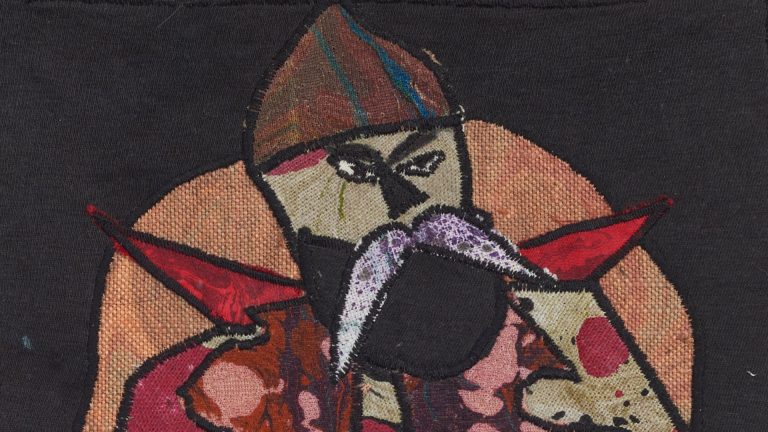
“Tajemna historia Moskwy” Łukasza Rogińskiego – nowa wystawa sztuki w Piwnicy Romańskiej

Godziny otwarcia w Narodowe Święto Niepodległości (11.11.2023)

Weekend Seniora z Kulturą – od 29 września do 1 października 2023 roku
Other branches:
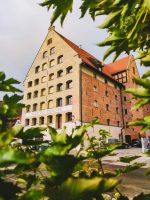
Spichlerz Błękitny Baranek
53 Chmielna st, Gdańsk 80-748
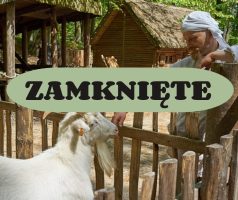
Sopot „Stronghold”
63 Haffnera st, Sopot 81-715
Z powodu awarii oddział jest zamknięty od 13.04.2024 r. do odwołania.
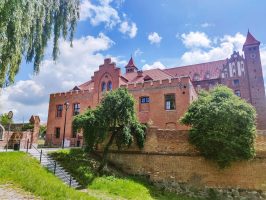
Oddział w Gniewie
2 Zamkowa st, Gniew 83-140
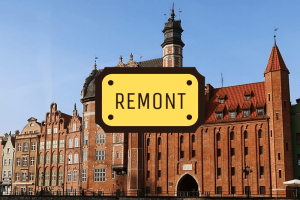
Naturalists' House
25/26 Mariacka st, Gdańsk 80-833
